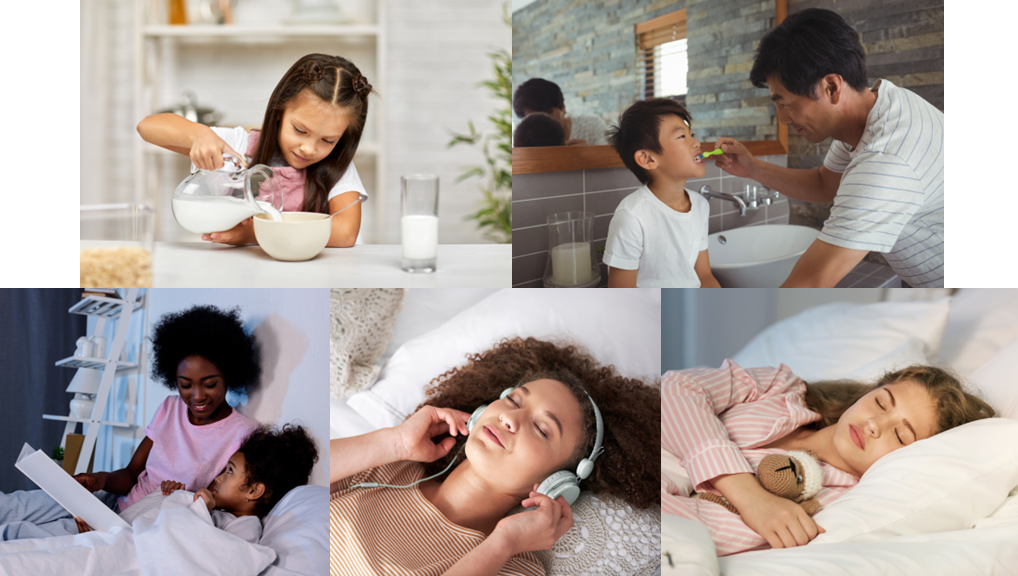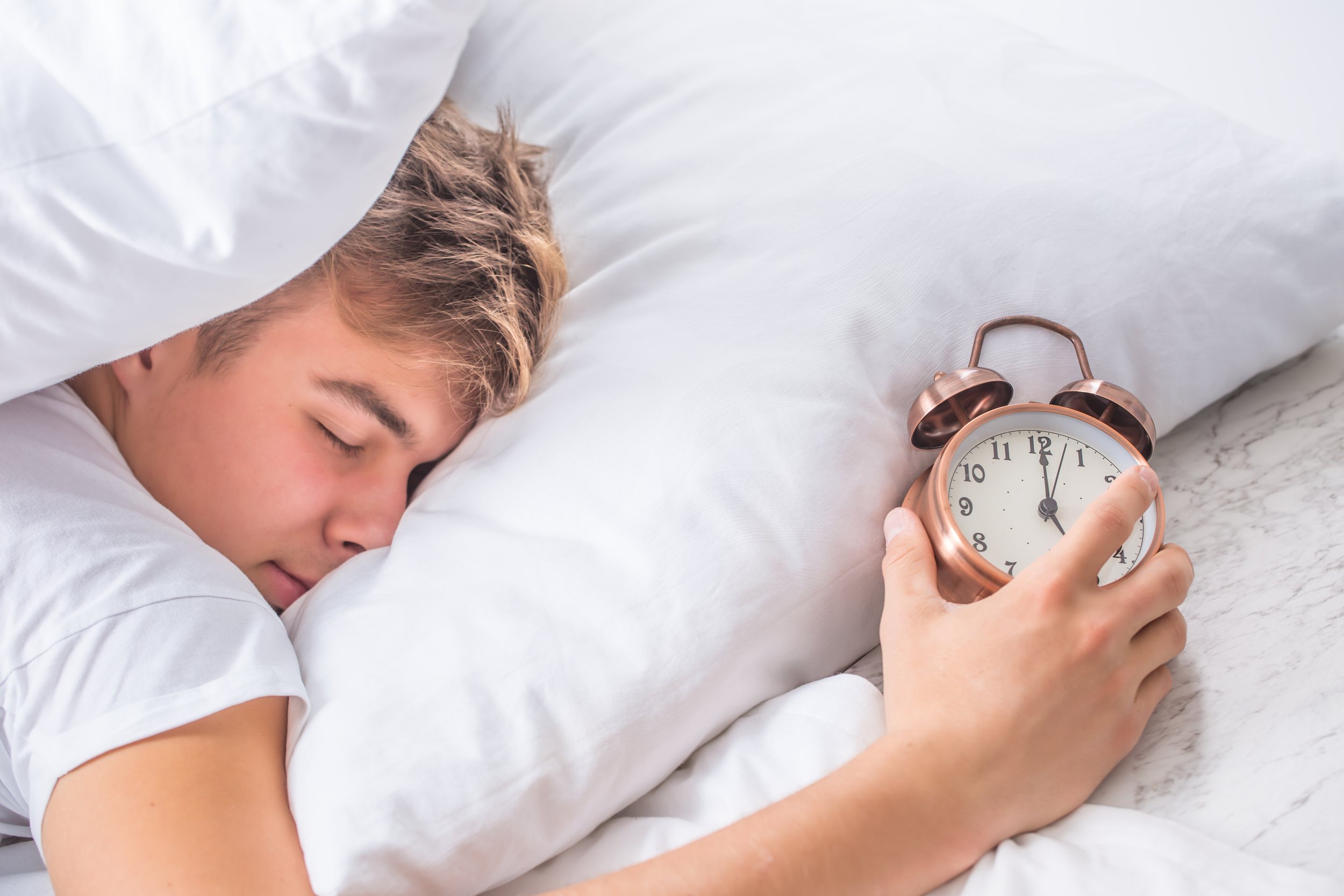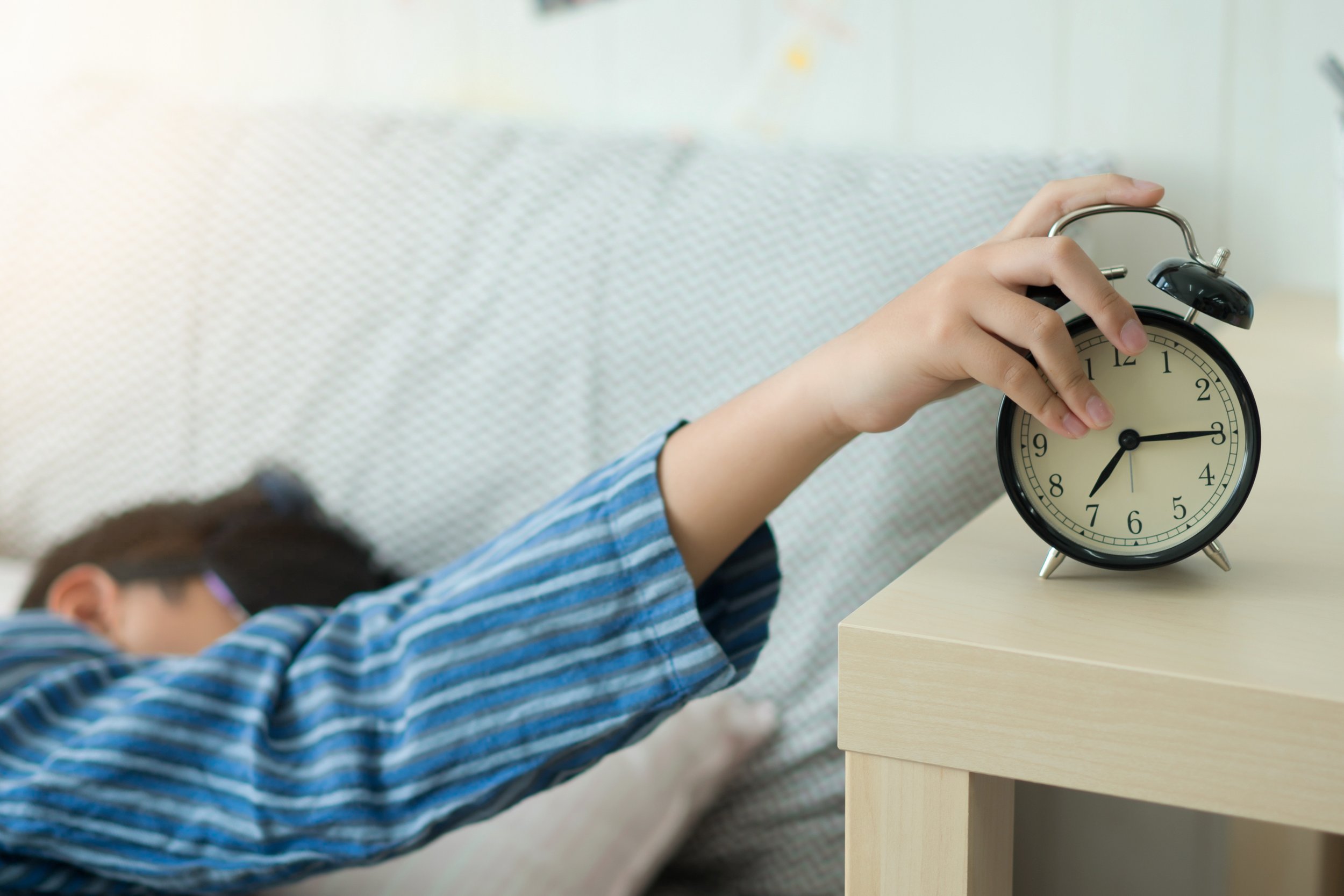
Information and Tips
For clinicians and researchers

4 Tips For Creating A Consistent Bedtime Routine
Sleep is critical for youth mental health, and one of the basic building blocks for healthy sleep is a consistent bedtime routine. But bedtime routines are not just for young children, older children, adolescents, and adults all need bedtime routines!
A bedtime routine helps to prepare the body for sleep, providing separation between a busy day and the calming and relaxation needed for sleep.

3 Questions to Determine if Growing Pains Could Be RLS
Since RLS is diagnosed by clinical complaint, it is important to screen your patients in order to provide treatment. Here are 3 questions to ask your patients about RLS.

3 Facts About Adolescent Sleep
It is common for parents to ask why their teen is always tired or why their teen can’t wake up in the morning. The most common reason is simply that teens are not getting enough sleep!

The Single Question to Identify Why Most Babies Wake Up During the Night
Waking up during the night is normal. Everyone does it, from infants through older adults. At the end of every sleep cycle our brain has a brief arousal. Most people go right back to sleep, not remembering these awakenings in the morning.
However, how we fall asleep at bedtime can impact whether we have a brief arousal or a full awakening.

4 Questions to Determine if a Child is Getting Enough Sleep
Sleep need is highly individual. There are recommended ranges that most (but not all) children will fall into, but every child (and adult) will have a different sleep need within that range.
Here are four questions you can ask patients and parents to determine if a child is not getting enough sleep or is getting poor quality sleep.

Integrating Pediatric Sleep Health Into Clinical Practice
Children have to eat. Children have to breathe. Children have to sleep. Sleep is not optional and it is not a luxury.
This blog provides information and tips for busy clinicians on the different aspects of pediatric sleep health.
